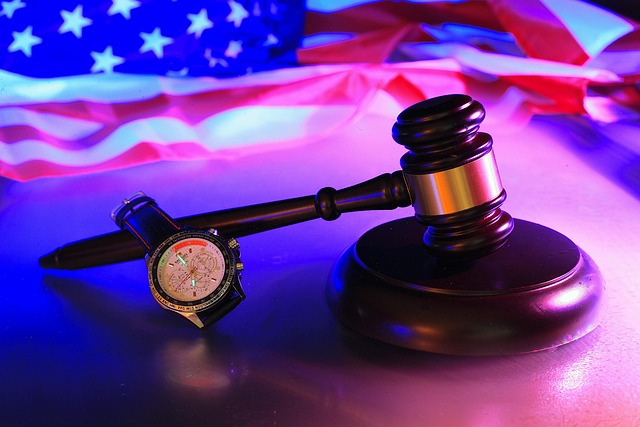In many legal systems, witnesses have rights like the privilege against self-incrimination, allowing them to refuse unsafe or incriminating questions. This is crucial in cases like personal injury claims where testimony can heavily influence outcomes. Refusing to testify doesn't mean withholding info; witnesses may fear self-incrimination, especially in employment disputes affecting professional standing. Legal professionals use subpoenas and potential penalties to secure witness cooperation, emphasizing the importance of their accident witness testimony. Effective communication is vital for increasing participation rates.
“In any legal proceeding, an accident witness’s testimony can be pivotal. However, what happens when a witness refuses to cooperate? This article delves into the intricacies of understanding and addressing witness refusal, exploring their rights and the legal repercussions of non-compliance. We discuss effective strategies for ensuring accident witness testimony, providing insights crucial for both legal professionals and individuals involved in legal disputes.”
- Understanding Witness Refusal Rights
- Legal Consequences of Non-Compliance
- Strategies to Ensure Testimony Participation
Understanding Witness Refusal Rights

In many jurisdictions, witnesses have certain rights when testifying in court, including the right to refuse to answer questions that might incriminate them or compromise their safety. This refusal is often based on a fear of self-incrimination, as guaranteed by legal principles like the Fifth Amendment in the United States. Understanding these rights is crucial for both parties involved, especially in cases where an accident witness’s testimony could significantly impact outcomes, such as personal injury compensation claims or homeowner insurance disputes.
Knowing their rights allows witnesses to make informed decisions about participating in legal proceedings. In situations where a witness refuses to testify, it doesn’t automatically mean they are withholding vital information. They might have legitimate concerns related to potential self-incrimination, especially in complex cases like employment disputes where their testimony could backfire and affect their current or future employment status.
Legal Consequences of Non-Compliance

If a witness refuses to testify in court, it can have significant legal consequences. The primary issue is that their non-compliance obstructs the judicial process, hindering the court’s ability to gather facts accurately. This can lead to delays in trials and potentially impact the outcome of both criminal and civil cases, including product liability claims. In personal injury consultations, witness testimony is crucial for reconstructing events leading up to an accident, determining liability, and securing just compensation for victims.
Refusal to testify may also trigger legal penalties. Depending on the jurisdiction, a judge might issue fines or even incarceration for contempt of court. Moreover, if the witness has been subpoenaed—a legal demand for their appearance—failure to comply can result in severe repercussions, especially when it involves breaching a fiduciary duty, such as a professional obligation to provide truthful testimony. These consequences underscore the importance of cooperating with legal proceedings and offering accurate accident witness testimony when summoned.
Strategies to Ensure Testimony Participation

In cases where a witness refuses to testify, legal professionals employ various strategies to ensure participation and adherence to their obligations. One common approach is to serve formal subpoenas, which are legal documents requiring individuals to appear in court and provide testimony under oath. These subpoenas carry penalties for non-compliance, encouraging witnesses to cooperate. For instance, an accident witness who fails to attend a deposition or trial could face contempt of court charges, potentially resulting in fines or even jail time.
Additionally, attorneys can leverage the potential consequences of non-cooperation to persuade witnesses. This may include highlighting the importance of their testimony in resolving disputes, such as in personal injury cases involving medical malpractice or breach of contract issues where lost wages claims are at stake. Effective communication and building a sense of responsibility in the witness can significantly increase the likelihood of securing their presence and participation in legal proceedings.
When an accident witness refuses to testify, it can significantly impact a legal case. Understanding one’s rights and the potential consequences is crucial for ensuring participation. If a witness exercises their right to remain silent, legal strategies can be employed to encourage cooperation or navigate the trial without their testimony. By recognizing the importance of accident witness testimony and utilizing effective tactics, parties involved can ensure a fair process and potentially favorable outcomes in court.






